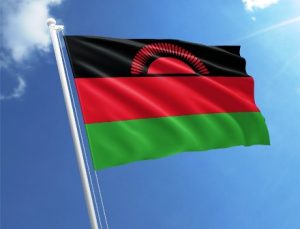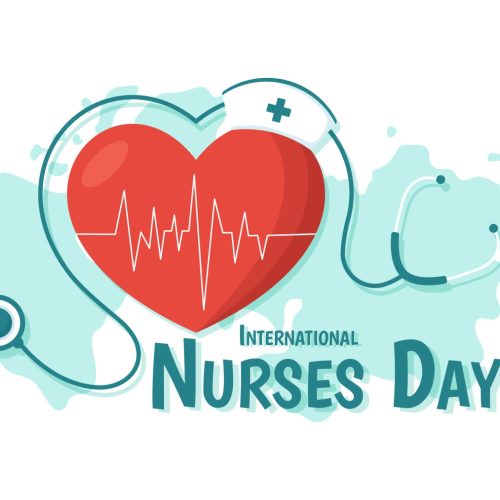Malawi launches world’s first malaria vaccine
The World Health organisation has commended Malawi for launching the world’s first vaccination against malaria yesterday, April 23, in a landmark pilot programme.
The country is the first of three in Africa in which the vaccine, known as RTS,S, will be made available to children up to 2 years of age; Ghana and Kenya will introduce the vaccine in the coming weeks.
Malaria remains one of the world’s leading killers, claiming the life of one child every two minutes. Most of these deaths are in Africa, where more than 250 000 children die from the disease every year. Children under 5 are at greatest risk of its life-threatening complications. Worldwide, malaria kills 435 000 people a year, most of them children.
“We have seen tremendous gains from bed nets and other measures to control malaria in the last 15 years, but progress has stalled and even reversed in some areas. We need new solutions to get the malaria response back on track, and this vaccine gives us a promising tool to get there,” said WHO Director-General Dr Tedros Adhanom Ghebreyesus. “The malaria vaccine has the potential to save tens of thousands of children’s lives.”
Thirty years in the making, RTS,S is the first, and to date the only, vaccine that has demonstrated it can significantly reduce malaria in children. In clinical trials, the vaccine was found to prevent approximately 4 in 10 malaria cases, including 3 in 10 cases of life-threatening severe malaria
“Malaria is a constant threat in the African communities where this vaccine will be given. The poorest children suffer the most and are at highest risk of death,” said Dr Matshidiso Moeti, WHO Regional Director for Africa. “We know the power of vaccines to prevent killer diseases and reach children, including those who may not have immediate access to the doctors, nurses and health facilities they need to save them when severe illness comes.”
“This is a day to celebrate as we begin to learn more about what this tool can do to change the trajectory of malaria through childhood vaccination,” she added.
The pilot programme is designed to generate evidence and experience to inform WHO policy recommendations on the broader use of the RTS,S malaria vaccine. It will look at reductions in child deaths; vaccine uptake, including whether parents bring their children on time for the four required doses; and vaccine safety in the context of routine use.
The vaccine is a complementary malaria control tool – to be added to the core package of WHO-recommended measures for malaria prevention, including the routine use of insecticide-treated bed nets, indoor spraying with insecticides, and the timely use of malaria testing and treatment.
The WHO-coordinated pilot programme is a collaborative effort with ministries of health in Ghana, Kenya and Malawi and a range of in-country and international partners, including PATH, a non-profit organization, and GSK, the vaccine developer and manufacturer, which is donating up to 10 million vaccine doses for this pilot.
“We salute WHO and Malawi for their leadership in realizing this historic milestone,” said Steve Davis, President and CEO of PATH, “and we look forward to the start of vaccination in Ghana, and then Kenya later this year. A vaccine for malaria is among many innovations needed to bring an end to this disease, and we proudly stand with all countries and our many partners in progressing towards a malaria-free world.”
The malaria vaccine pilot aims to reach about 360,000 children per year across the three countries. Ministries of health will determine where the vaccine will be given; they will focus on areas with moderate-to-high malaria transmission, where the vaccine can have the greatest impact.







0 Comments
No Comments Yet!
You can be first to comment this post!